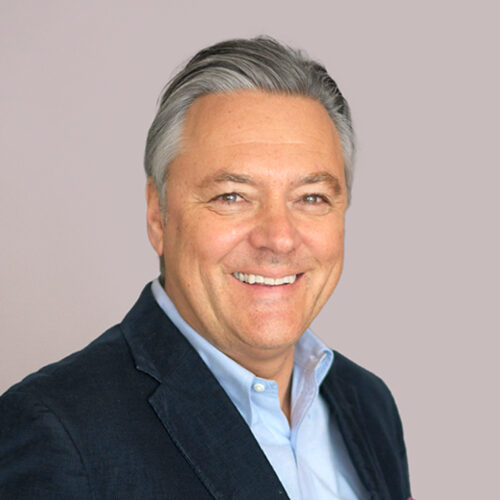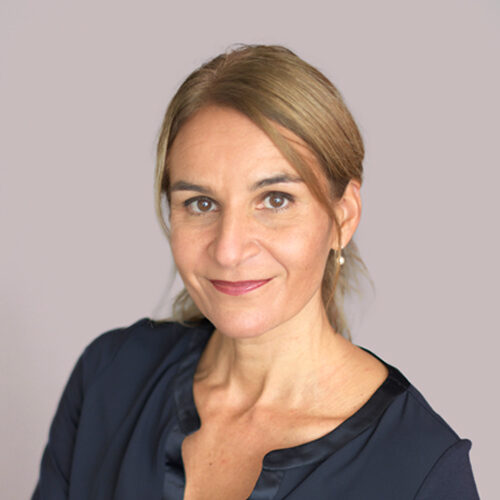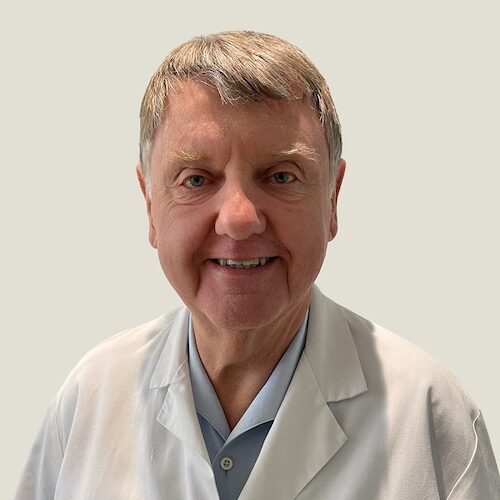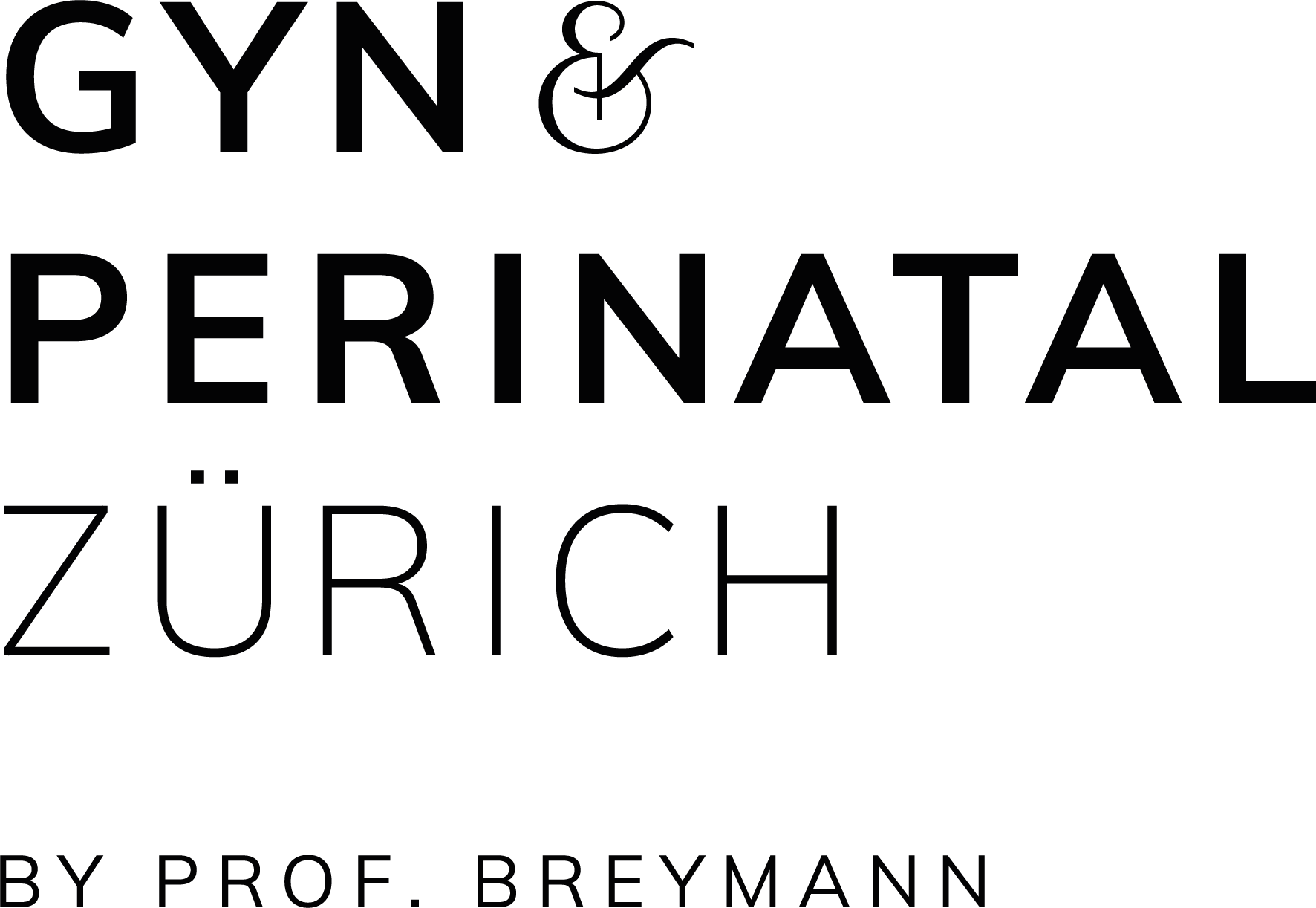Older age and well-being
Higher age and well-being (Prof. Breymann comments on NZZ article from April 8, 2024)
It's time for the topic of longevity, with all its sometimes obscure developments, to be discussed and addressed seriously ("Eternal healthy life is a false promise", NZZ April 8, 2024).
As a gynecologist, I have long been concerned with women's health and longevity, which means nothing other than achieving a higher age along with well-being, health and vitality and not a longer life per se.
As always, the basics are a healthy lifestyle and diet, exercise and sport, avoiding noxious substances, treating deficiencies in the body such as iron deficiency and maintaining mental health.
It remains to be seen which longevity centers can show that they can achieve life extension in society, which would of course also promote work ability and productivity in old age.
It is not enough to administer dubious amino acid cocktails. I myself have almost never been able to detect an amino acid deficiency in my patients. Neither have I, by the way.
I am not denying that there are some very interesting approaches, such as taking the antidiabetic drug metformin, which was discovered in 1950 and regulates sugar metabolism and probably reduces DNA damage, or possibly also the polygenic bioamine spermidine. It is contained in all body cells of organisms and can have a positive influence on cell death.
It is currently in the top list of longevity supplements. Possibly also because it has been shown to improve the memory of fruit flies, promote ovulation in mice and, according to a study published in 2018 on the influence of spermidine intake in food, can prolong survival by 5 to 7 years in humans. Provided you eat a diet rich in spermidine. This can be achieved, for example, with regular consumption of cheddar cheese. Provided it has matured for a year.





